
As the environmental effects of a changing climate become harder to ignore, conscious citizens of the world are asking themselves how they can make a difference. Whether it be by altering the way we shop, eat, travel, or reduce waste in our daily lives, we can all have an impact in limiting the adverse effects of climate change. While efforts on an individual level are crucial, those that are put into effect on a national level are even more encouraging. After establishing itself as a front-runner in the quest to reduce pollution, France is now extending their plastic ban to be even more comprehensive.
 Top image: Stephanie Mccabe. Above image: Danielle Macinnes
Top image: Stephanie Mccabe. Above image: Danielle Macinnes
France first banned lightweight plastic bags, then become the first country in the world to ban plastic cups and plates in 2016. As part of its Energy Transition for Green Growth Act, France’s plastic ban will now includes straws, coffee stirrers, cotton buds, and other single-use items that use plastic in their design. The ban will take effect on January 1, 2020, though supermarket chains Carrefour and Leclerc have committed to discontinuing the sale of plastic straws in their stores well before this deadline.
 Lidya Nada / Martino Pietropoli
Lidya Nada / Martino Pietropoli
Why? Plastic use has been linked to climate change and other environmental threats. The amount of oil required to produce plastic bags as well as their accumulation in our oceans, which both poisons the water and leads to the death of at least 100,000 marine animals each year and over 1 million birds worldwide, are some of many arguments for going plastic free.
 Gisle Vestergaard
Gisle Vestergaard
Since the original plastic bag ban was put into action, a variety of non-plastic alternatives have become available to the consumer. Cornstarch-based biodegradable bags have replaced their plastic counterparts, which have a lifespan of 1,000 years. Similarly, with the extended ban on single-use plastic items, there has been a push to find compostable, organic alternatives.
 Danielle Macinnes
Danielle Macinnes
Following France’s progress, the EU has voted to outlaw the sale all plastic cups, plates, cutlery, cotton buds, straws, stirrers, and balloon sticks by 2021. The EU has also committed to ensuring that all plastic packaging becomes reusable or recyclable by 2030.
 Vincent Aguerre
Vincent Aguerre
Related links
- Check out Paris’ environmentally friendly concept store Aujourd’hui Demain.
- Get your ethical fashion in Paris from Les French Demoiselles.
- Read more about France’s plastic ban at RFI.
Written and photographed by Emily Dilling for HiP Paris. Looking for a fabulous vacation rental in Paris, London, Provence, Tuscany, Umbria or Liguria? Check out Haven In. Mention the code: HiPParis18 for special deals and a bottle of champagne with every booking for all HiP Paris readers!
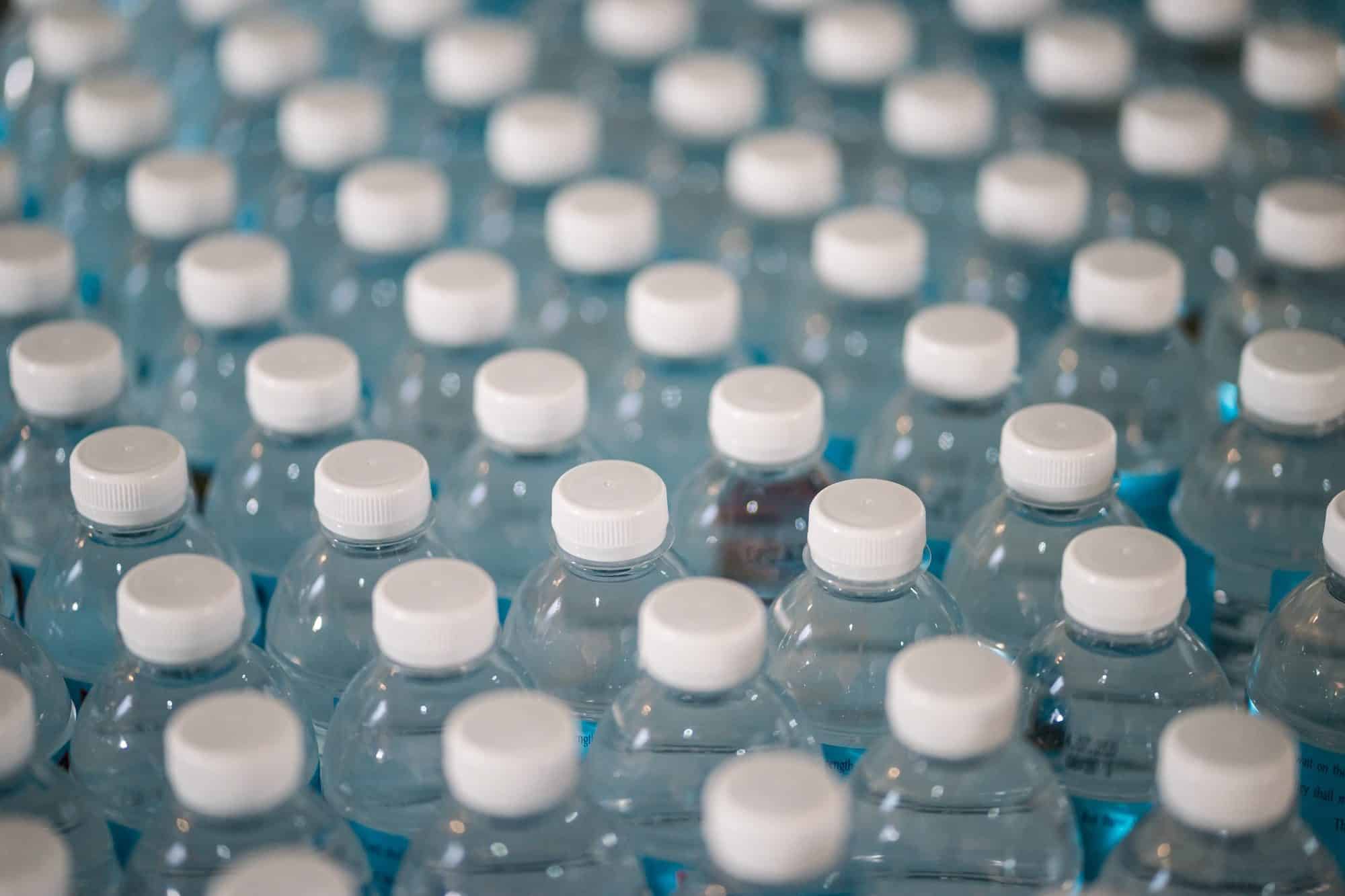
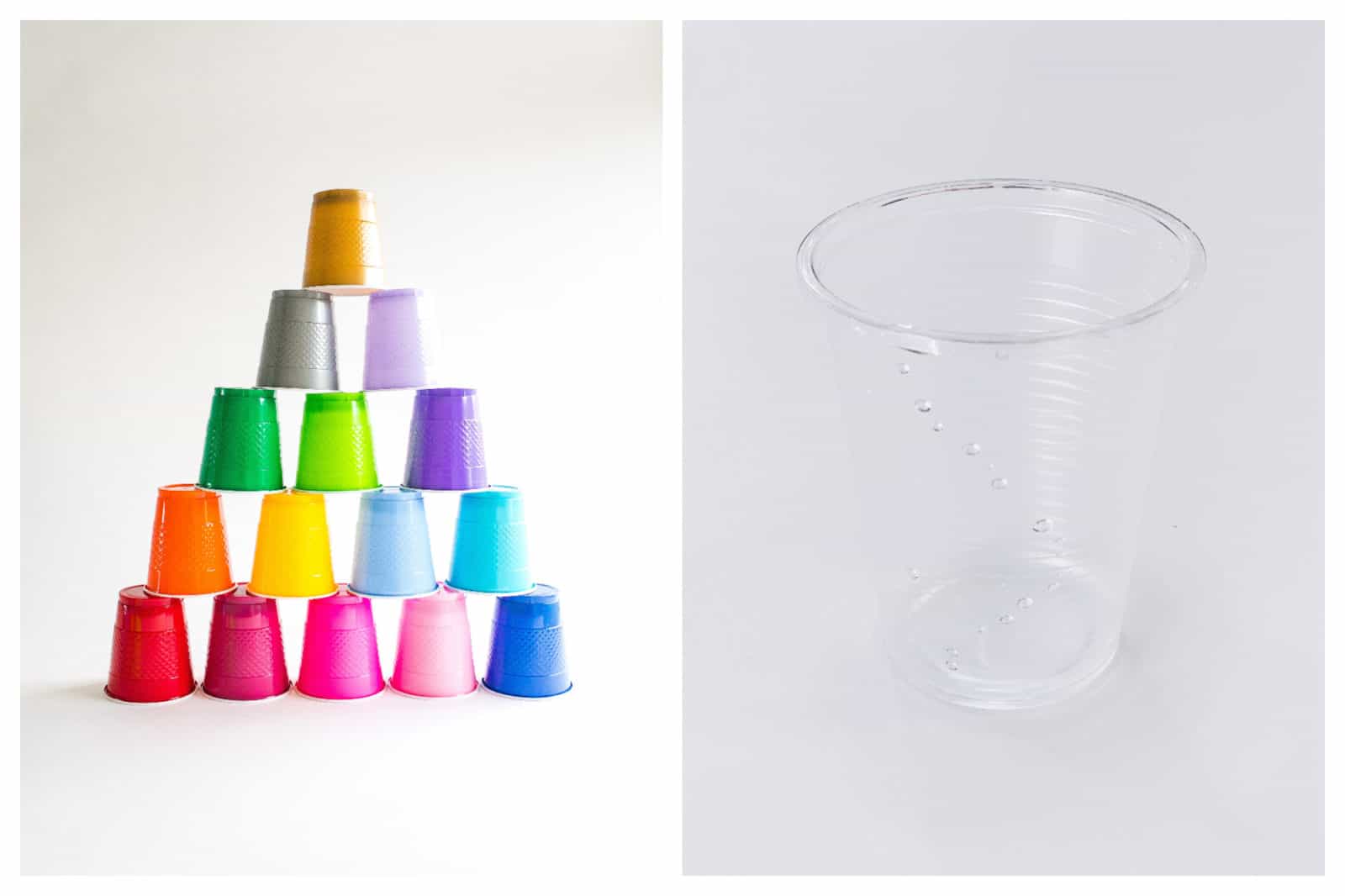 Lidya Nada / Martino Pietropoli
Lidya Nada / Martino Pietropoli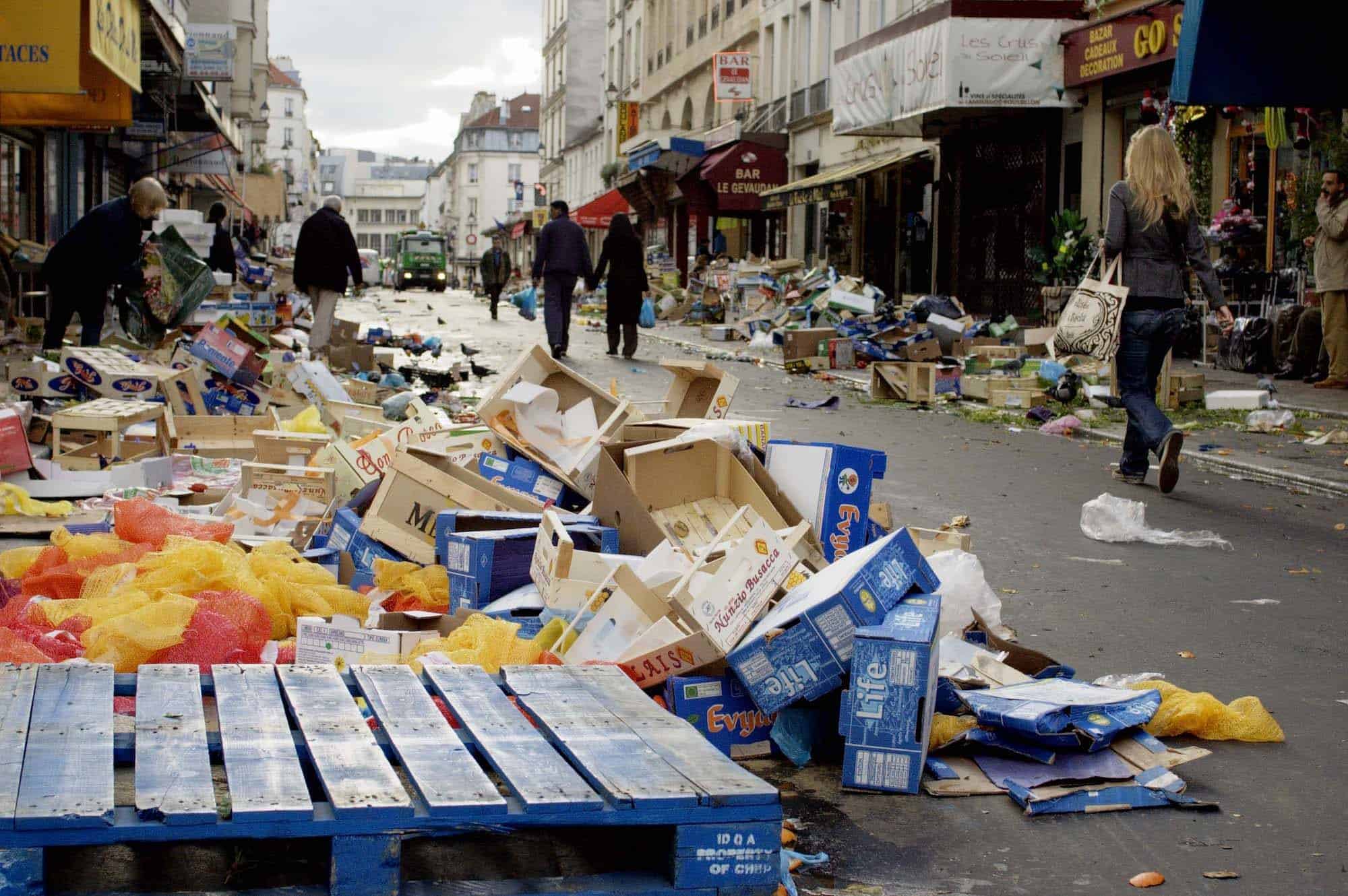
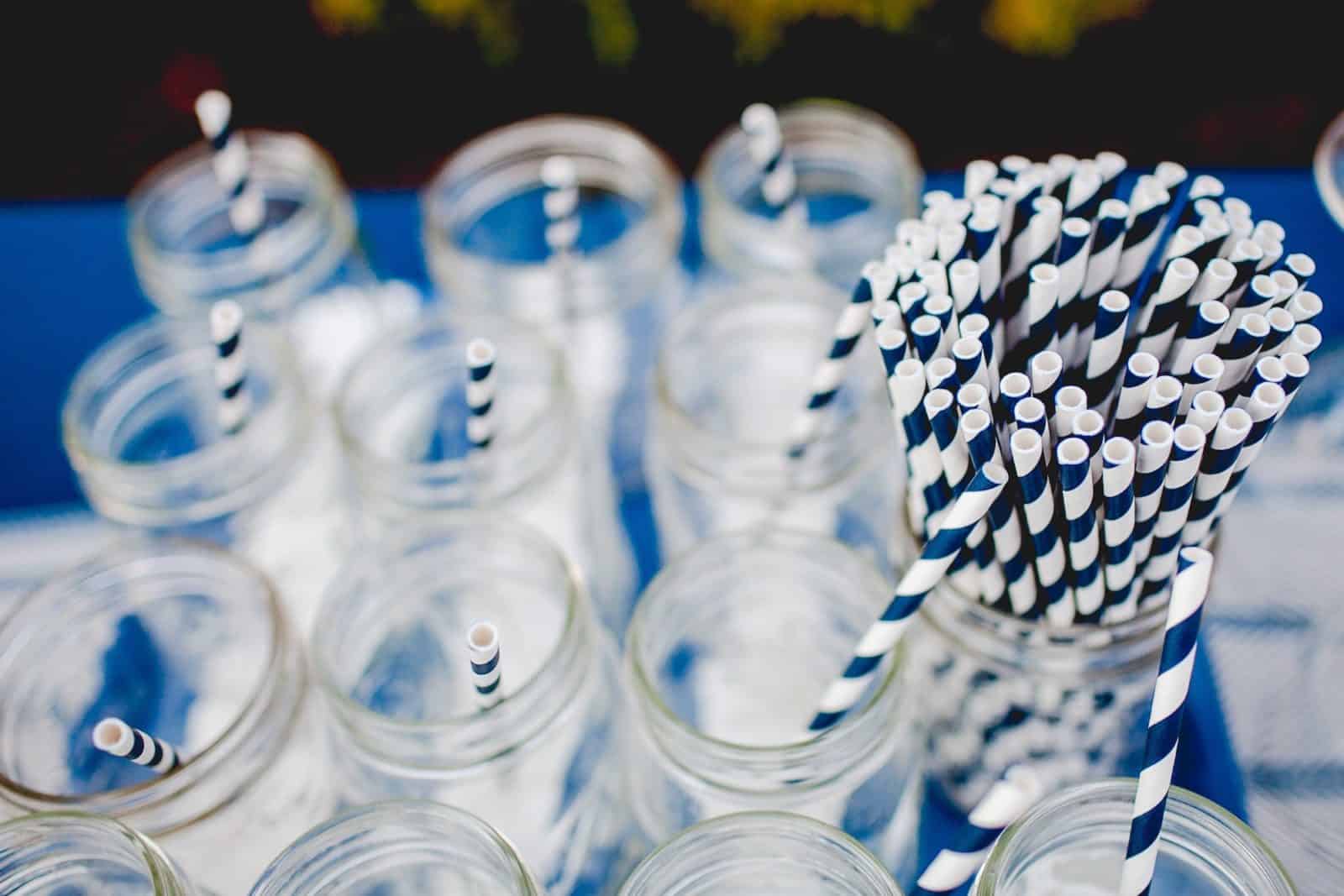 Danielle Macinnes
Danielle Macinnes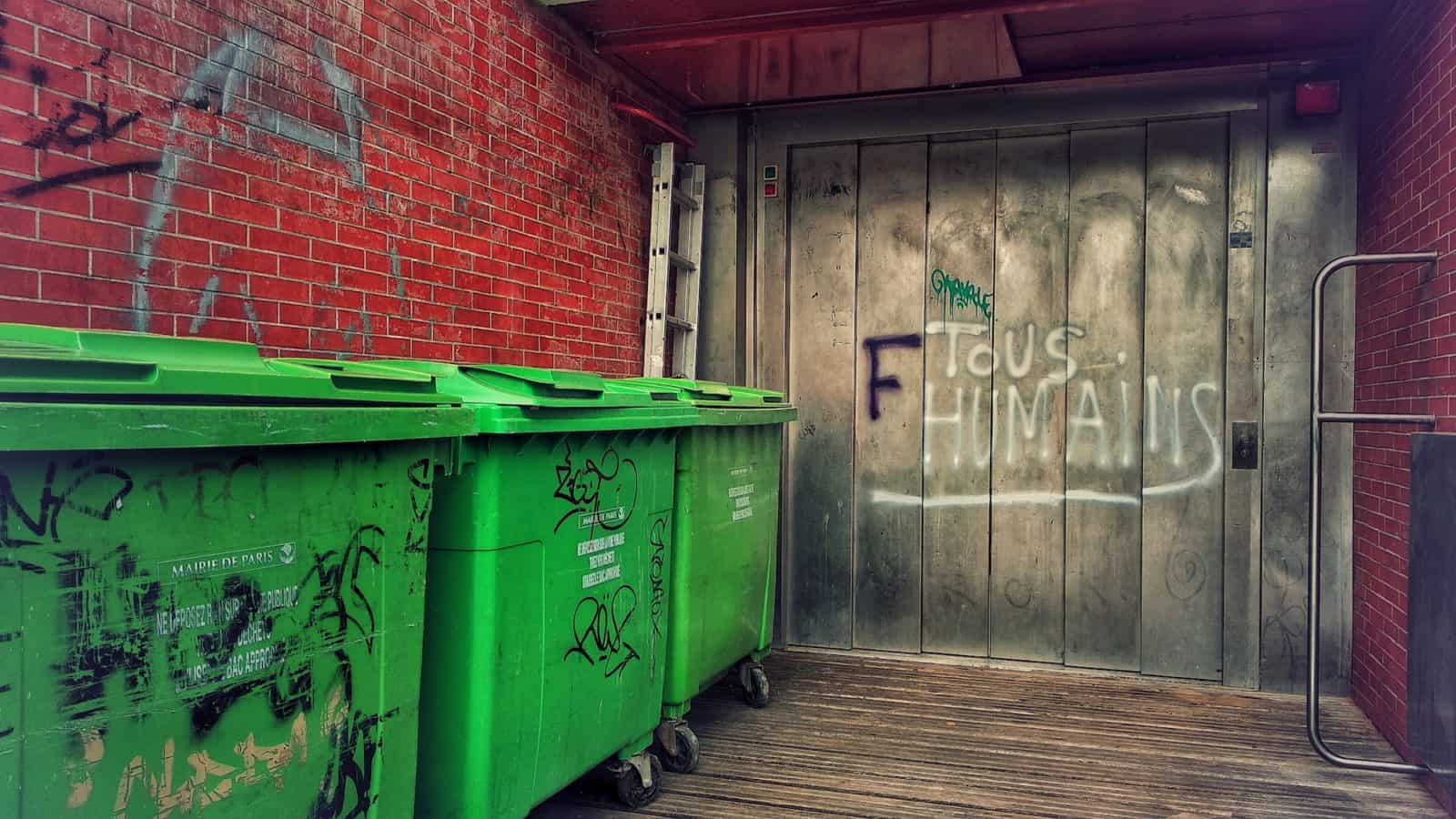 Vincent Aguerre
Vincent Aguerre
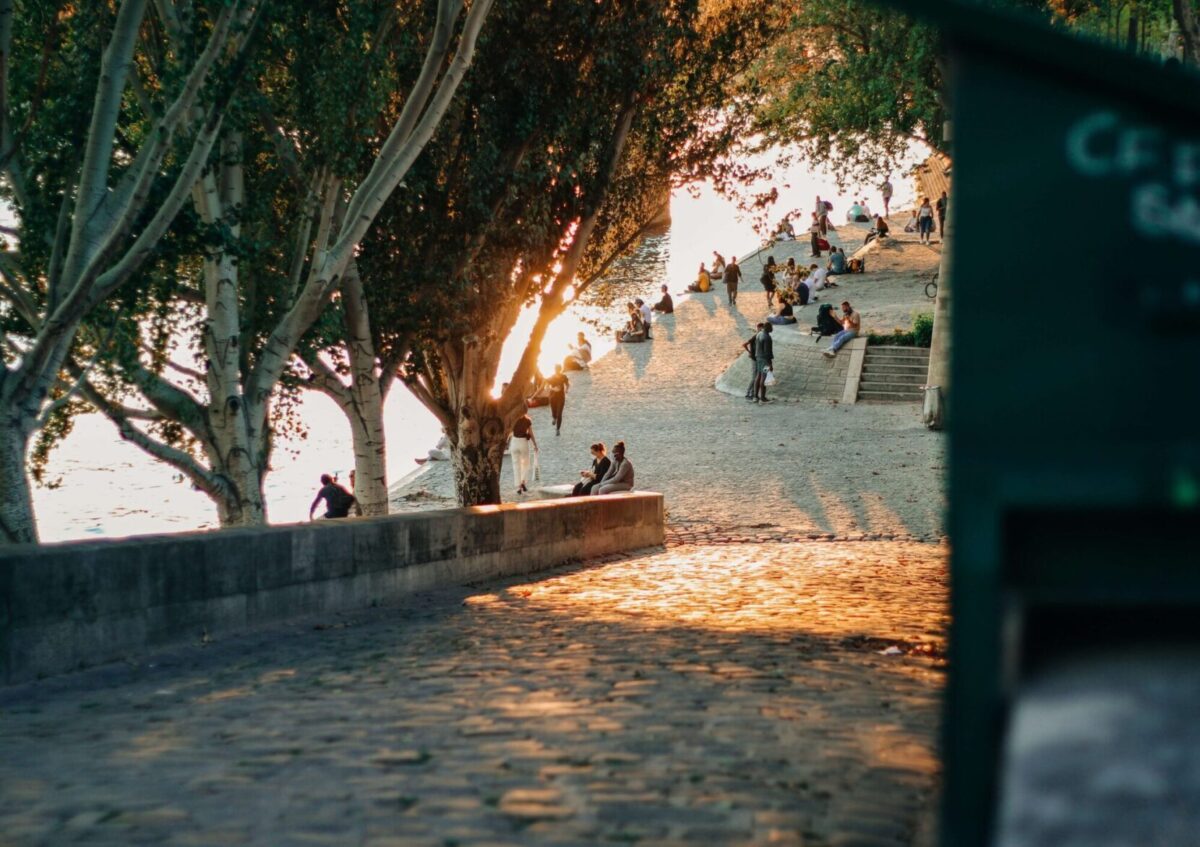
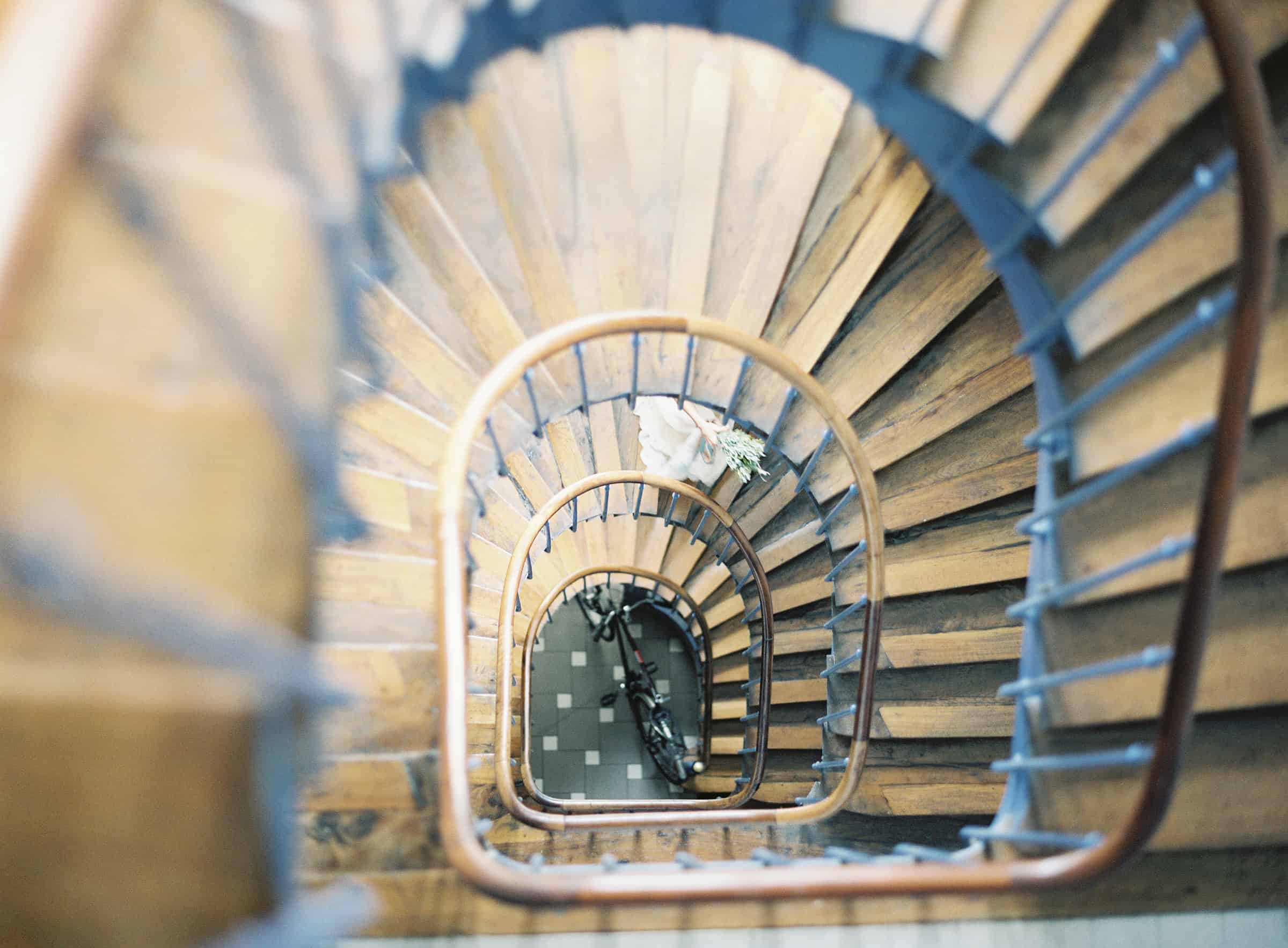

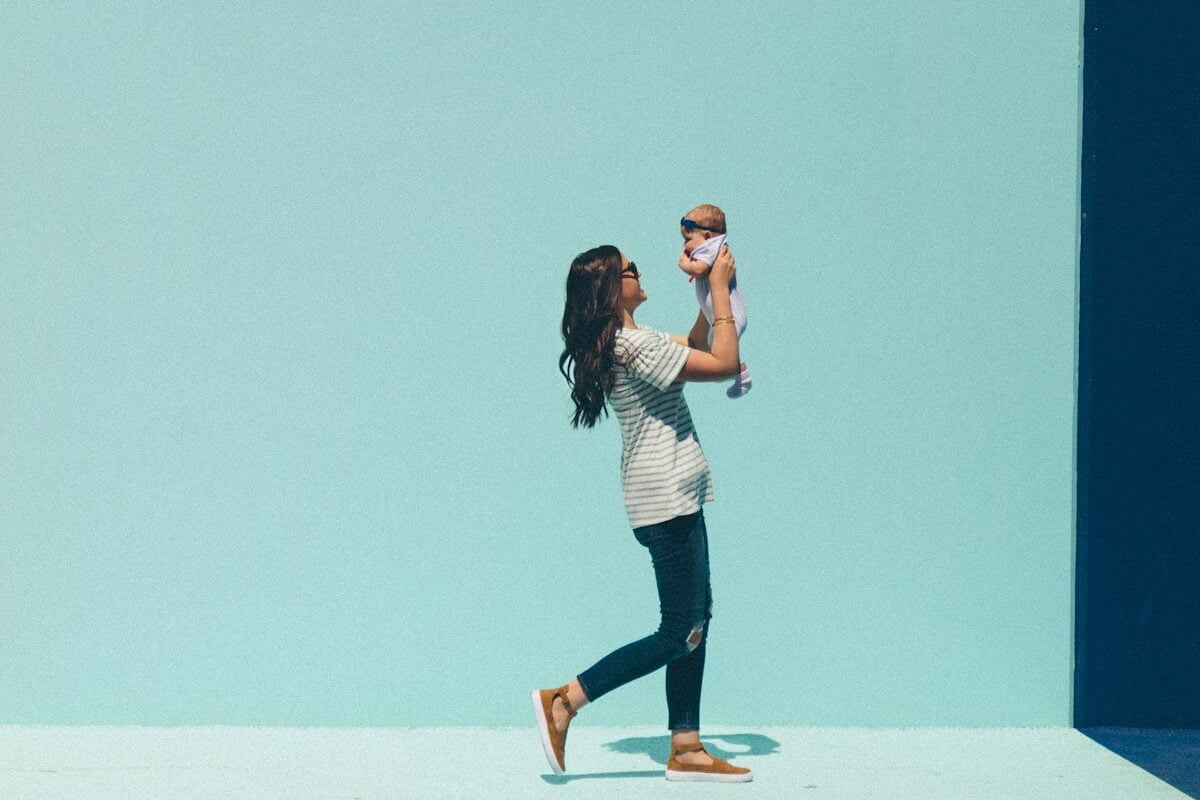







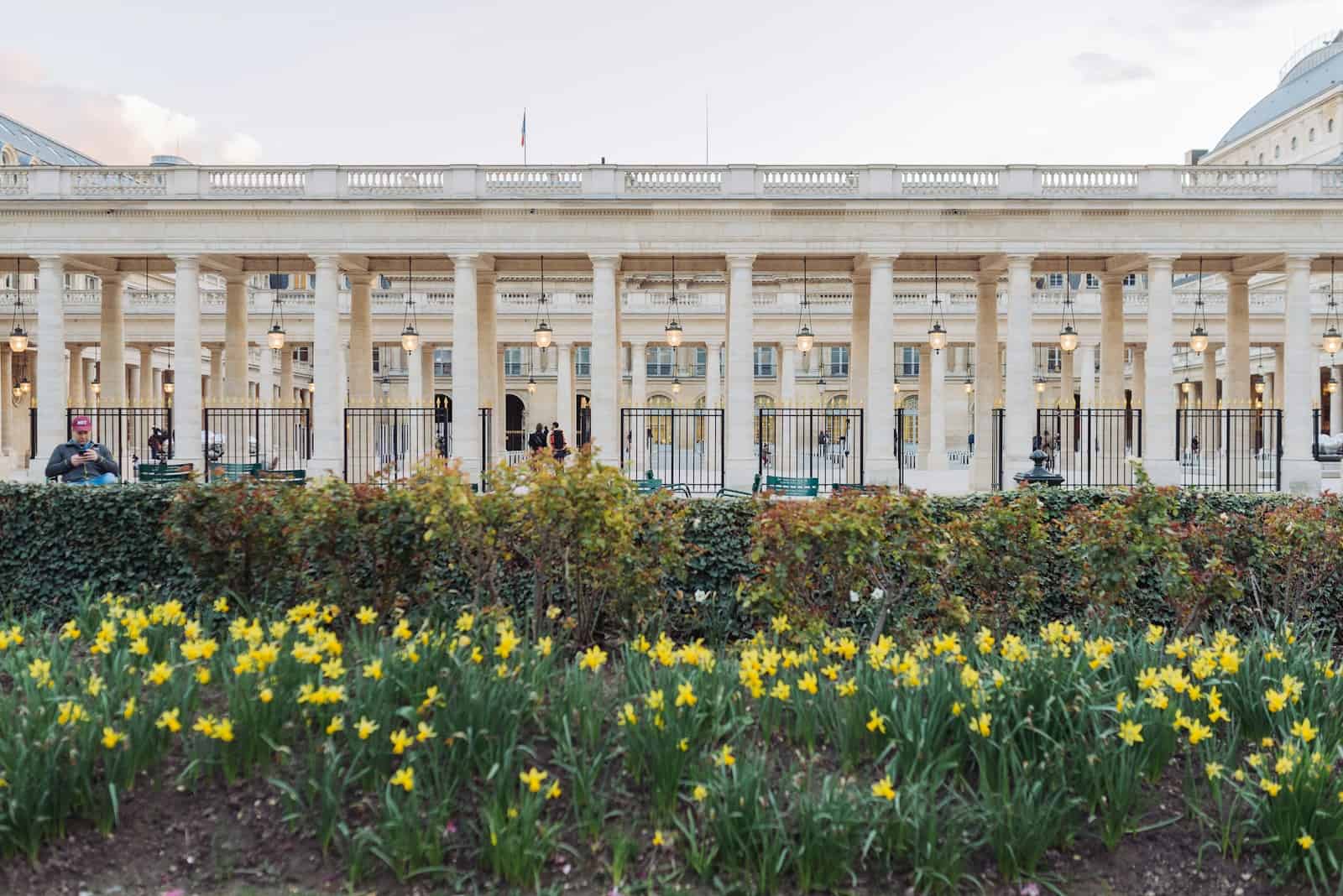
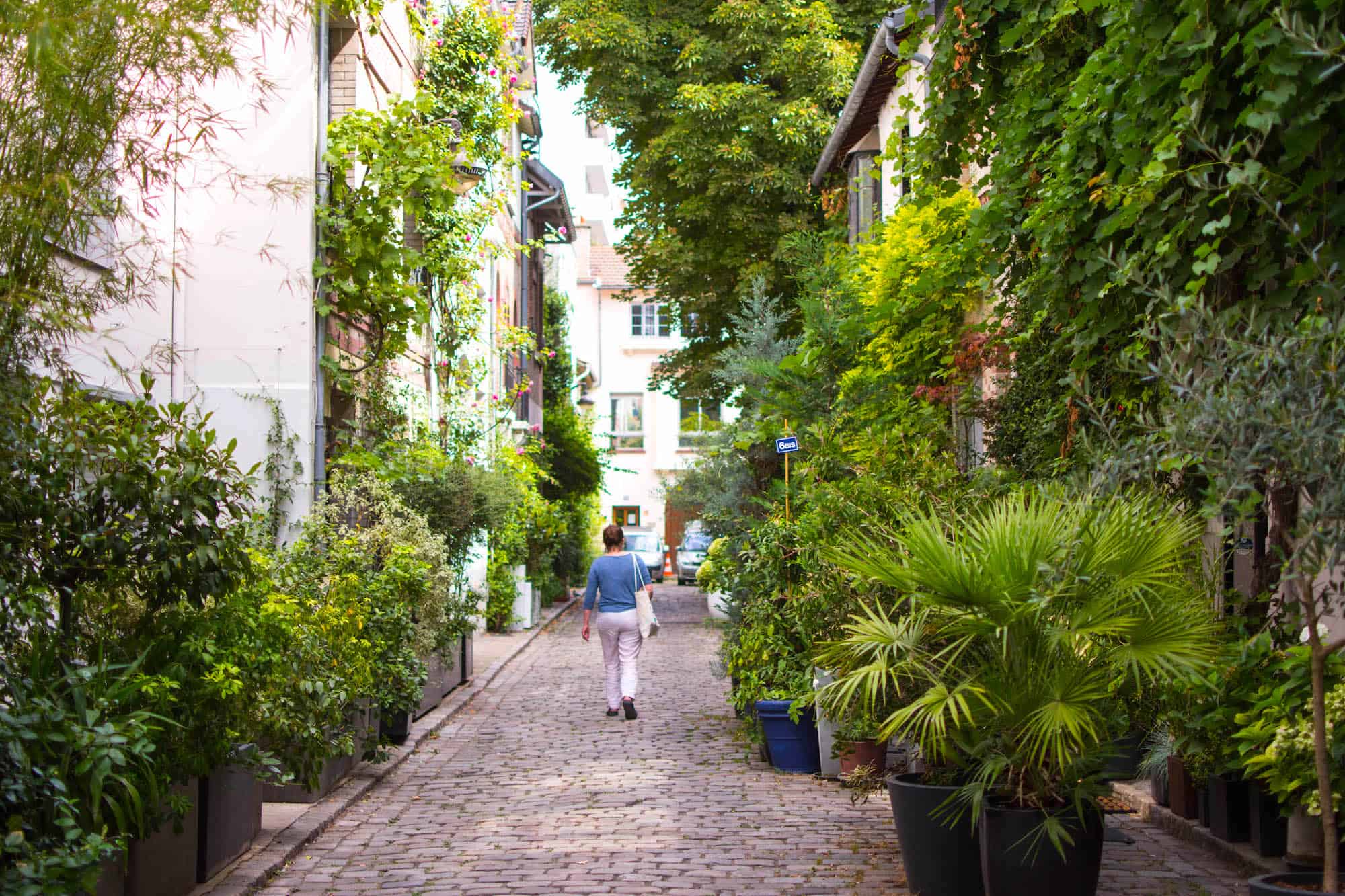







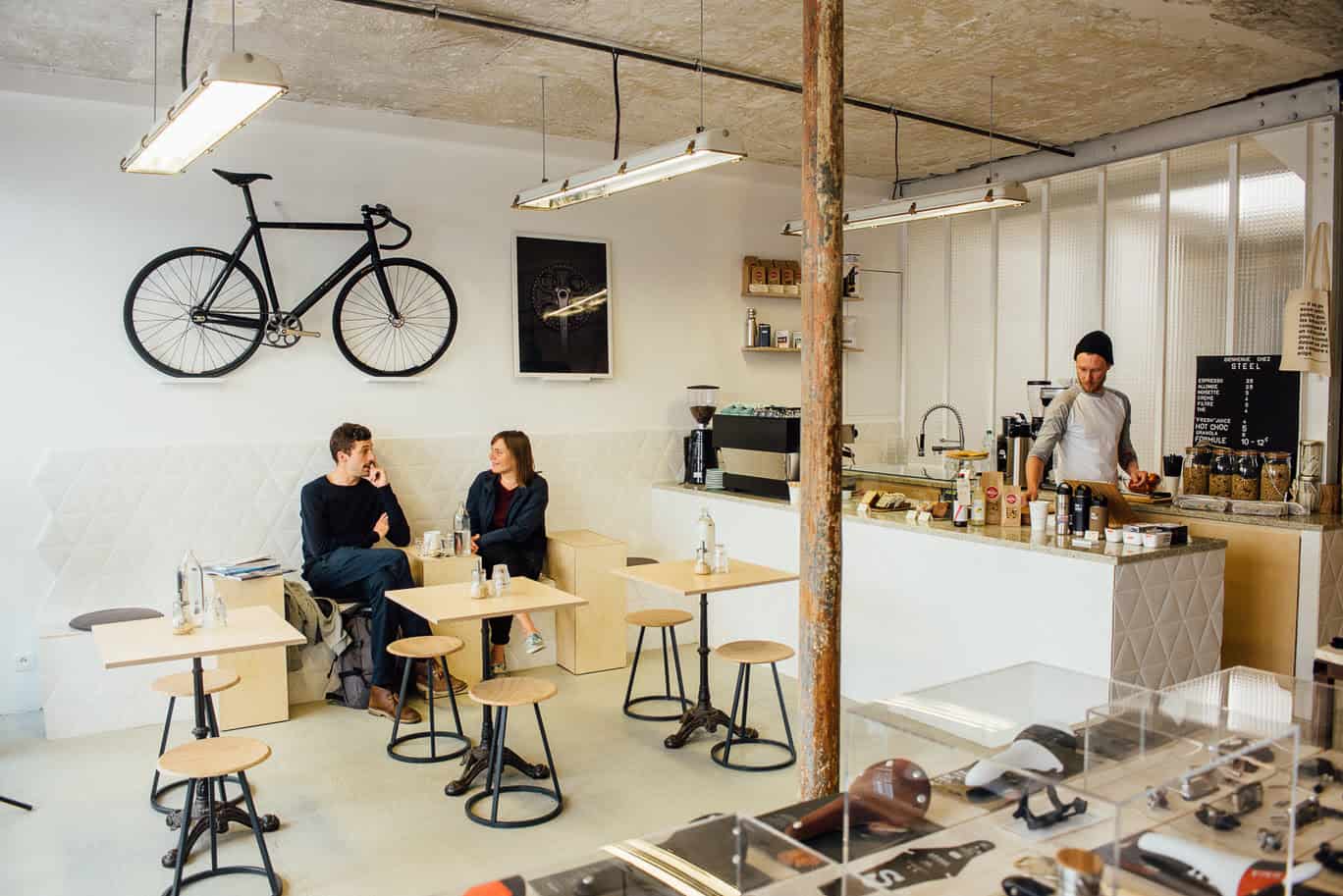

I’m very happy to hear this. Oh how I wish my country (USA) would follow suit! I do my part in recycling, reusing and limit using paper and plastic products. I’ve been using cloth napkins every day since 2008 and use cloth shopping bags as well. Cooking whole foods from home and not buying processed, factory-made food, helps keep my recycling bin half empty!